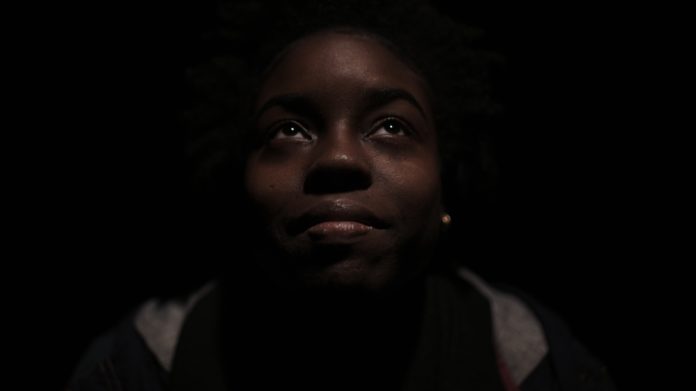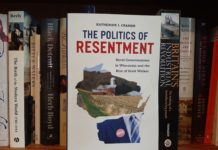More than five decades ago, author Jane Jacobs produced what was to become a foundational text for urban sociology. Her classic Death and Life of Great American Cities was, over the years, to be hailed for its prescience as she decried the displacement that was to come from urban renewal, the ultimate damage that would be wrought by freeways bisecting cities and the danger to social cohesion, transportation and the environment that would come from the unchecked suburban sprawl then just beginning.
Jacobs’ later books foreseeing the renaissance of downtowns and urban waterfronts, and her advocacy for what became the “New Urbanism” movement for walkable neighborhoods of mixed uses, were also similarly prophetic.
But her final book, Dark Age Ahead, an effort to tie together the collapsing “pillars of civilization,” was roundly critiqued as a jeremiad by an angry author a half century beyond her prime. Among the more generous critiques was one from the Journal of the Society of Architectural Historians: “The seriousness and earnestness of this task is a courageous, although perhaps overextended, step beyond her earlier project.”
More recently and posthumously, Jacobs’ book has gotten a bit more credit. Particularly for her effective augury of the 2008 economic crisis that felled such giants as Lehman Brothers, wiped out the saving of millions and went on to trigger global recession
That is, of course, a brilliant insight for which she is due all retroactive credit. But from our perspective that success should not obscure the ultimately larger point implicit throughout the book’s pages. And that is the role of cities and communities as both pivot point and fulcrum for global change, an understanding of which is the goal of Urbanitus. While the book never uses the word, it is still very much a book about what we call geo-urbanism.
For Dark Age Ahead is really an early chronicle of the global challenges of failing nation states, the many crises in education, the rise of pseudo-science, particularly in the form of climate change denialism, and the disconnection of political discourse from reality. At the time she was dismissed for her prediction of sweeping political nativism and populism as she saw societies retreating into the isolation and electronic tribalism of the internet and cable television – and this was before invention of micro-targeted ads and bot-driven propaganda.
“Spin Doctors, virtuosos of deceptive image making and damage control have become authoritative spokespersons in political campaigns and troubled institutions, able not only to disconnect reality but to construct new reality,” she warned.
The necessary resilience to confront all of these challenges, she argues, can only come with the restoration of the resilience of community. And particularly the memory, the working sense of history, that community – the city in fact – provides.
“While people possess a community, they usually understand that they can’t afford to lose it,” Jacobs wrote… “but after it is lost, gradually even the memory of what was lost is lost. In miniature, this is the malady of Dark Ages.”
This is what she means by the provocative title, comparing the loss of communal memory in our own era to the loss of knowledge, culture and intellectual coherence in the centuries that followed the collapse of the Roman Empire in the Fifth Century. Or by other historical “Dark Ages,” such as that suffered by China during the constant centuries of warfare that followed raids by an amalgam of Huns, Mongols, Turks and Tibetans that begin in the Third Century. Or the collapse of Mayan Civilization in the Tenth Century, perhaps because of climate change.
“Victims of Dark Ages, especially when they are spatially or socially isolated, or their losses are geographically widespread, have often found recovery impossible,” she wrote.
So are we entering a new “Dark Age?” We don’t share Jacobs’ pessimism, mainly because we witness so much that cities, metropolitan regions and local actors and activists are doing to confront the long list of vexing global woes. Which, we suppose, is exactly what Jacobs was calling on them to do.
If you are among them, or one of them, you might want to pick up this book. You might even find it a foundational text.
If you like what you’ve been reading, please click here to subscribe and we will send you updates and our newsletter.






